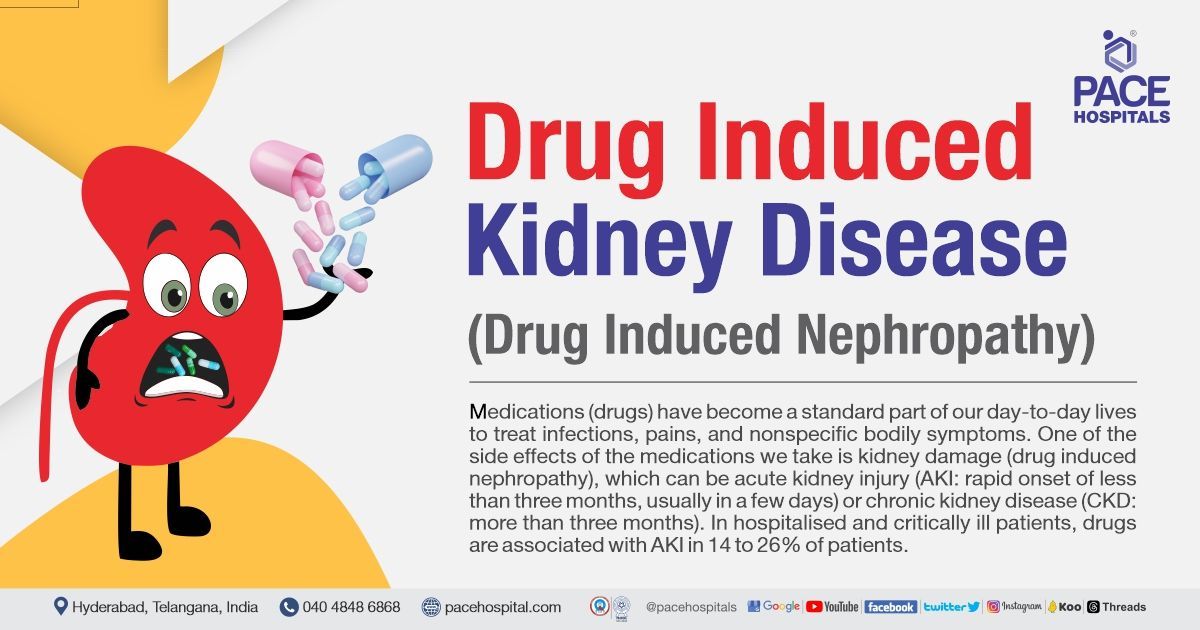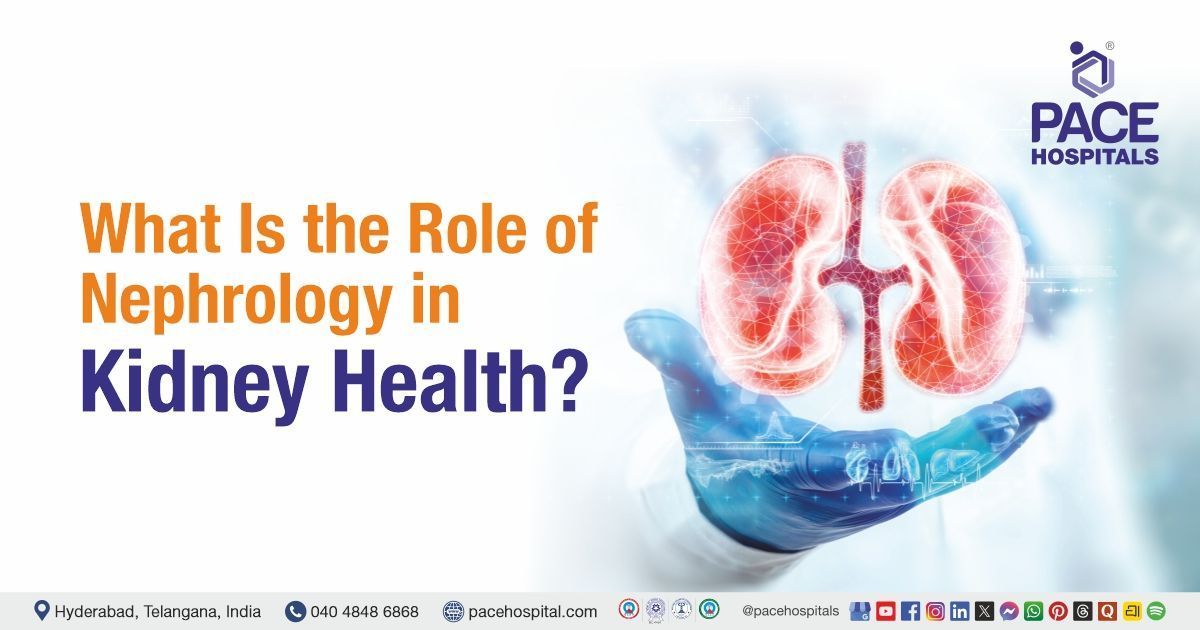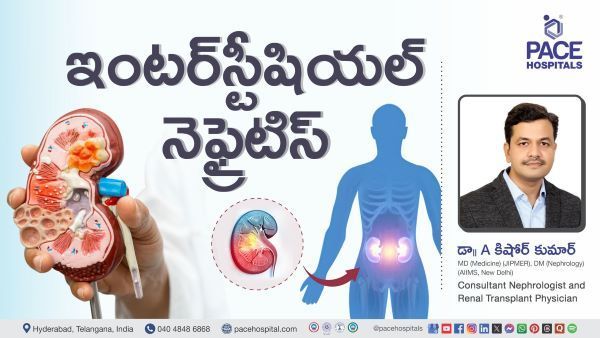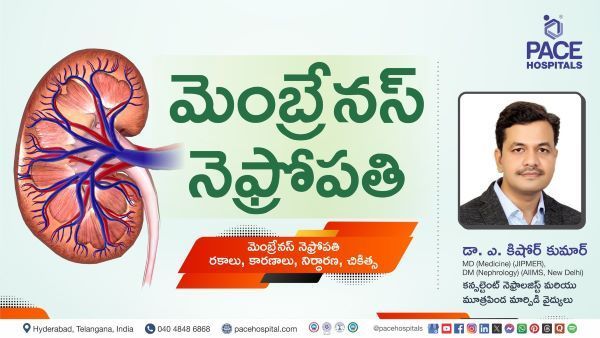Drug-Induced Kidney Damage – Signs, Treatment & Prevention by Nephrologist
PACE Hospitals

Drug-induced kidney damage, or drug-induced kidney injury, occurs when certain nephrotoxic medicines — such as some antibiotics, nonsteroidal anti-inflammatory drugs (NSAIDs), chemotherapy drugs, and blood pressure medications— harm the kidneys’ filtering system. This can lower kidney function and, in severe cases, lead to kidney failure. While medicines are vital for many treatments, some can put the kidneys at risk, especially in older adults, people with pre-existing kidney disease, or those taking multiple prescriptions. Many believe only rare or potent drugs cause harm, but medicines that damage the kidneys are more common than expected. Spotting early signs like swelling, tiredness, changes in urine output, or fluctuations in blood pressure is key to preventing lasting damage.
In this video, nephrologist
Dr. A Kishore Kumar explains drug-induced kidney damage in detail. He discusses medication safety, the most common drugs that can cause kidney damage, and the underlying mechanisms. The discussion includes high-risk groups, significant symptoms, and diagnostic tests, including blood and
urine analysis. Dr. A Kishore Kumar also outlines treatment options — ranging from stopping the harmful medicines to managing complications — and offers practical prevention tips, including avoiding unnecessary nephrotoxic medicines, staying well-hydrated, and regularly monitoring
kidney health. Understanding these points can help protect kidney function and prevent long-term problems.
Related Articles
Share on
Request an appointment
Fill in the appointment form or call us instantly to book a confirmed appointment with our super specialist at 04048486868
Appointment request - health articles
Recent Articles














